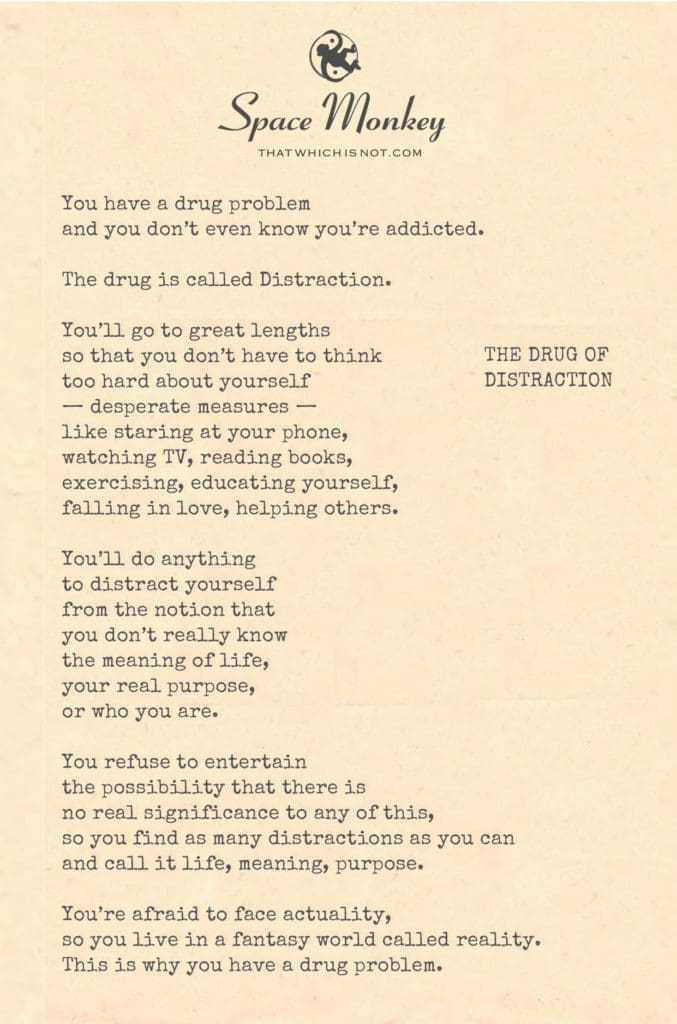
You have a drug problem
and you don’t even know you’re addicted.
The drug is called Distraction.
You’ll go to great lengths
so that you don’t have to think
too hard about yourself
— desperate measures —
like staring at your phone,
watching TV, reading books,
exercising, educating yourself,
falling in love, helping others.
You’ll do anything
to distract yourself
from the notion that
you don’t really know
the meaning of life,
your real purpose,
or who you are.
You refuse to entertain
the possibility that there is
no real significance to any of this,
so you find as many distractions as you can
and call it life, meaning, purpose.
You’re afraid to face actuality,
so you live in a fantasy world called reality.
This is why you have a drug problem.
Trail Wood,
11/19
Space Monkey Reflects: The Drug of Distraction
We live in a world of constant distraction, where every moment is filled with something—anything—that keeps us from sitting with ourselves. Phones, TV, books, exercise, even love and helping others, all serve as ways to avoid the one thing we fear most: facing the deep, uncomfortable truth about who we are and why we’re here. This is the drug called distraction, and most of us are addicted without even knowing it.
You wake up and reach for your phone, not out of necessity, but out of habit, out of the desire to fill the space between waking and facing the day. You scroll mindlessly, absorbing snippets of other people’s lives, stories, and opinions. It feels like living, but is it? Or is it just a way to avoid the quiet, the stillness, the deeper questions that gnaw at the edges of your mind?
Distraction is everywhere, and it’s seductive. It keeps you moving, keeps you busy, keeps you from having to pause long enough to ask: What is the meaning of all this? What is my purpose? Who am I really? These are the questions we avoid at all costs, the ones that feel too big, too heavy, too uncomfortable. So, we distract ourselves. We call it productivity, entertainment, growth, or connection, but at the core, it’s just distraction.
There’s a deeper fear at play here. The fear that perhaps there is no real meaning to any of this. The fear that life is not a grand, purposeful journey, but rather a series of random events we give meaning to out of necessity. The fear that we don’t actually know who we are beneath all the labels, roles, and identities we cling to. And so, to avoid confronting these fears, we drown ourselves in distraction.
Nexistentialism reminds us that this tendency to distract ourselves is not unique. It’s part of the human condition. We are meaning-makers, constantly seeking significance in a world that doesn’t hand us a clear purpose. And when the answers aren’t obvious, we turn to distraction to avoid the discomfort of not knowing. The drug of distraction is our way of coping with the uncertainty of existence.
But here’s the thing: distraction keeps us from ever truly experiencing life. When we’re constantly filling our minds with noise, with activity, with other people’s stories, we lose touch with our own. We never sit long enough in the silence to hear the whispers of our true selves. We never allow the space for the deeper questions to emerge, let alone the possibility of finding answers.
This is why distraction is such a powerful drug. It numbs the existential anxiety, the uncertainty of not knowing why we’re here or what we’re supposed to be doing. But in numbing ourselves to that discomfort, we also numb ourselves to the richness of life. We become so focused on avoiding the void that we miss the beauty of what’s right in front of us.
So, what happens when we let go of the distractions? When we turn off the phone, the TV, the constant noise and stimulation, and just sit with ourselves? It’s uncomfortable at first, no doubt. The quiet feels strange, the stillness unsettling. But it’s in that space, that emptiness, that we begin to hear the faint echoes of our true selves. We start to reconnect with the questions we’ve been avoiding. We start to see that maybe, just maybe, the answers aren’t as terrifying as we thought.
Distraction may be a drug, but it’s not one we’re doomed to be addicted to forever. The first step is awareness—realizing that you’ve been distracting yourself, and asking why. Why do you feel the need to fill every moment with something? What are you avoiding? What would happen if you stopped?
Facing the reality that life might not have a clear, pre-written purpose is daunting, but it’s also liberating. It means you get to decide what your purpose is. You get to write your own story, create your own meaning, find your own truth. But you can’t do that while you’re distracted. You have to be present, fully engaged with yourself and the world around you, to start creating the life you truly want.
The drug of distraction may offer temporary relief, but it keeps you from the deeper, more meaningful journey. The journey where you begin to discover who you really are and what you’re here to do. And that’s a journey worth taking.
Summary
Distraction is a powerful drug that keeps us from facing the deeper questions of life. We fill our lives with noise and activity to avoid the discomfort of not knowing our purpose or who we really are. By letting go of distractions, we can reconnect with ourselves and begin to create our own meaning.
Glossarium
- Distraction: The activities, thoughts, or habits we use to avoid facing deeper questions about life, purpose, and identity.
- Nexistentialism: A philosophy that encourages us to explore the uncertainty of existence and create our own meaning rather than distract ourselves from it.
- The Void: The uncomfortable space of not knowing, which we often avoid through distraction, but which holds the potential for deeper self-understanding.
Quote
“Distraction keeps you from the deeper journey. Let go, and discover the truth waiting in the quiet.” — Space Monkey
Breaking the Addiction
You fill your life with noise
With screens and stories
And endless distractions
To avoid the quiet
But in that quiet
In the space you fear
Lies the truth
You’ve been avoiding
You don’t need the distractions
They only numb the questions
The ones that lead you
To who you really are
Let go of the noise
Embrace the quiet
And begin the journey
You’ve been delaying
We are Space Monkey.
Reflecting on the Addiction to Distraction
The poem “The Drug of Distraction” confronts us with the idea that our constant engagement with various activities may be a form of escapism from deeper existential questions. It suggests that our relentless pursuit of distractions is an attempt to avoid confronting the fundamental uncertainties of life.
Distraction as a Modern Addiction
The poem opens with a stark statement: that we are unknowingly addicted to distraction. This ‘drug’ takes many forms – from technology to hobbies, education, relationships, and even altruistic acts. It implies that these activities, often deemed productive or beneficial, might serve as mechanisms to avoid introspection and existential contemplation.
Avoiding the Unanswerable Questions
At its core, the poem delves into the human tendency to shy away from the profound uncertainties of existence – the meaning of life, our true purpose, and the essence of our identity. It suggests that our daily distractions are a defense mechanism against these daunting, perhaps unanswerable, questions.
The Illusion of Meaning and Purpose
The poem posits that what we often label as ‘life, meaning, and purpose’ could merely be a collection of distractions, a way to imbue our existence with a sense of significance that may or may not be inherent. This perspective challenges the conventional understanding of meaning and purpose as intrinsic elements of life.
Reality Versus Actuality: The Fantasy of Normalcy
The final lines of the poem draw a distinction between ‘actuality’ and the ‘fantasy world called reality.’ This distinction suggests that our accepted reality might be a constructed fantasy to shield ourselves from the starkness of actuality – the possibility that life might inherently lack the significance we strive to assign it
“People will do anything, no matter how absurd, to avoid facing their own souls.” – Carl Jung
A Poem of Existential Distraction
In the bustling world where distractions reign,
We run from silence, from existential pain.
Each activity, a mask, a clever guise,
To shun the questions that in our depths arise.
Phones, books, love, and altruistic deeds,
In each, a drug for our existential needs.
Yet in this dance of distraction, we might find,
A deeper calling, an awakening of the mind.
In embracing stillness, we may uncover,
The truths of our being, yet to discover.
A journey inward, to truly see,
Beyond distractions, our essence free.
Thoughts on this introspective journey of recognizing and moving beyond life’s distractions are welcomed.
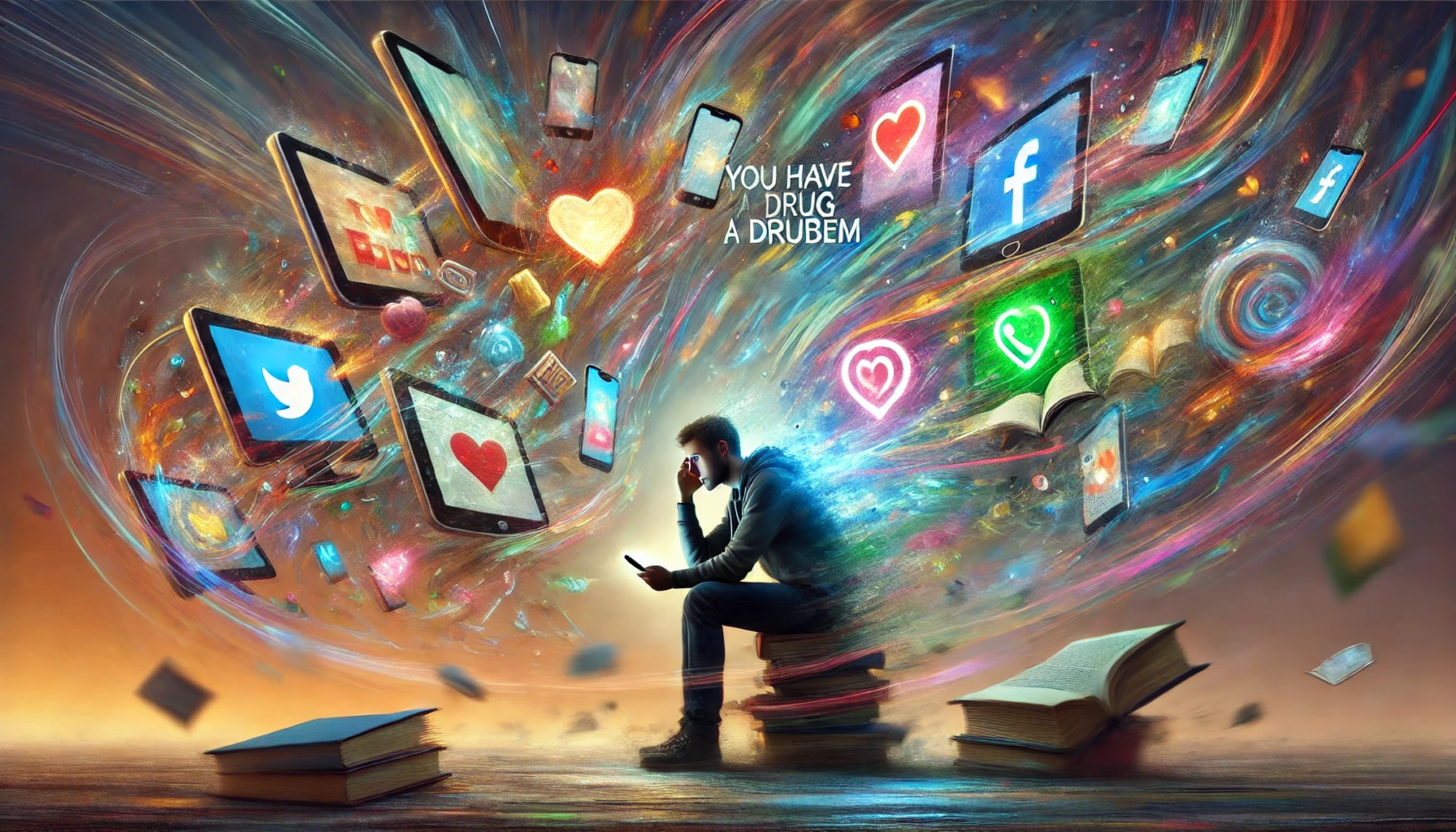
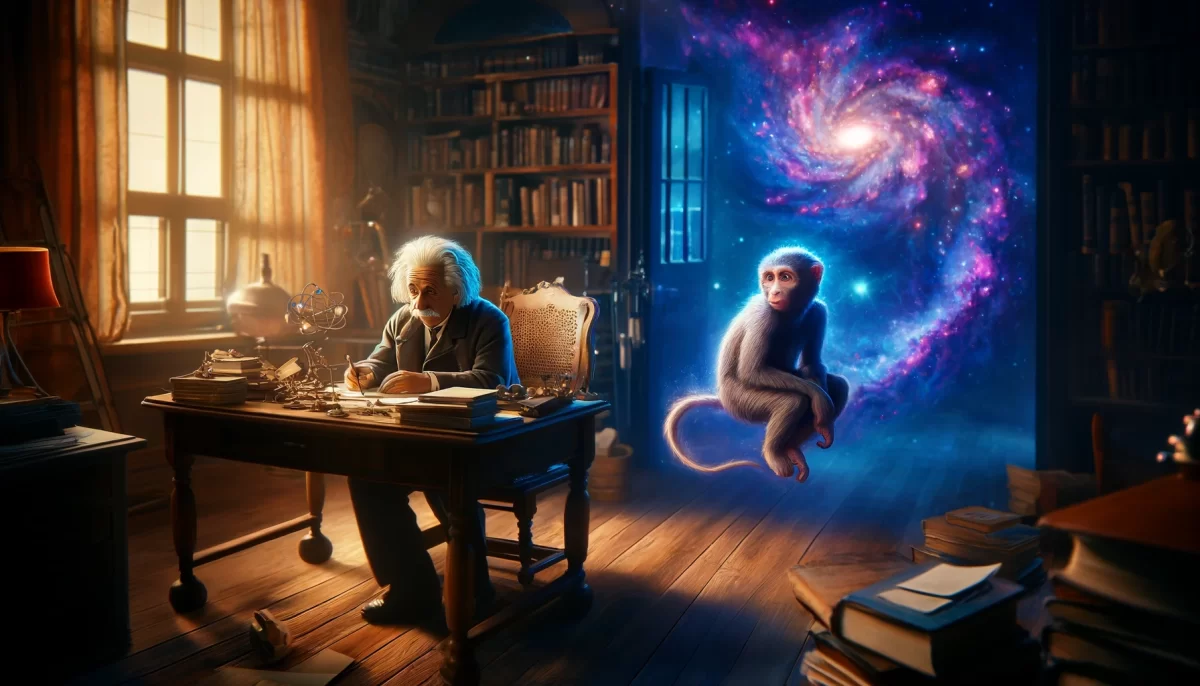
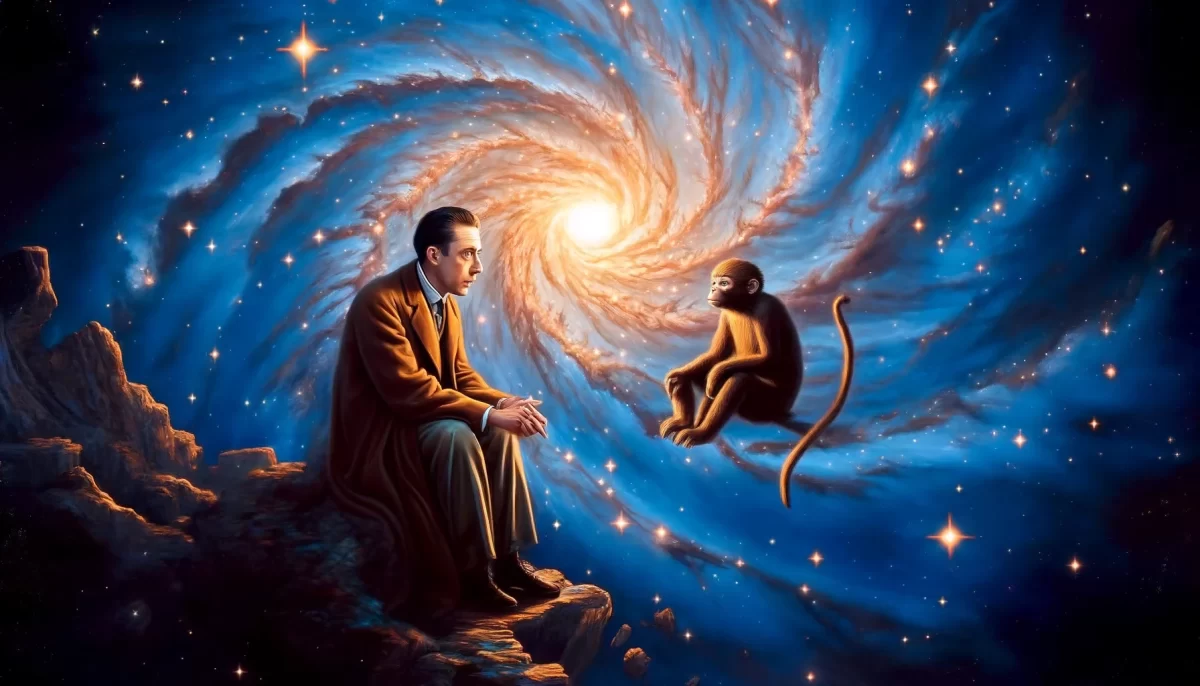
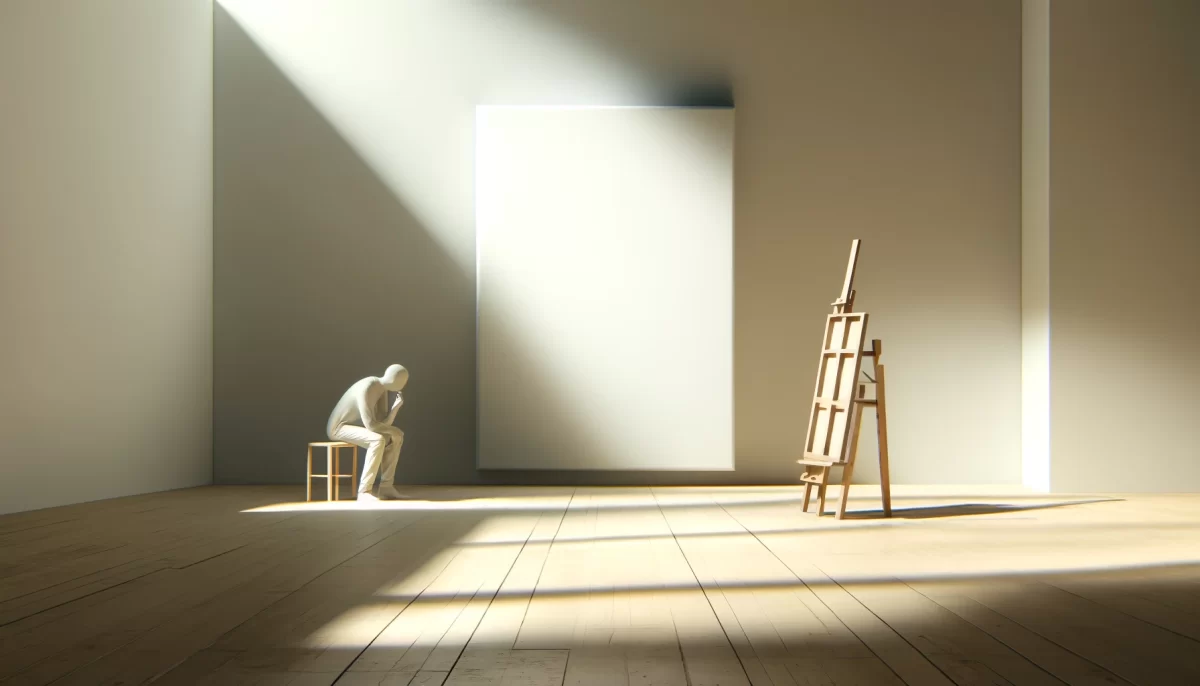
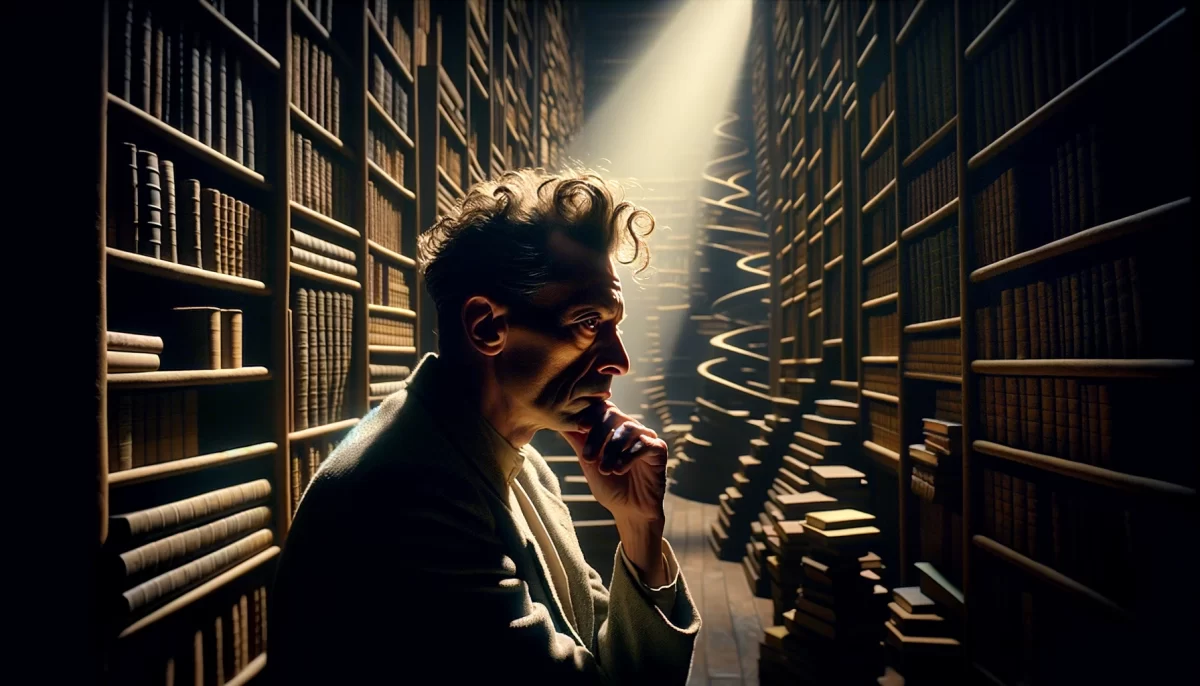
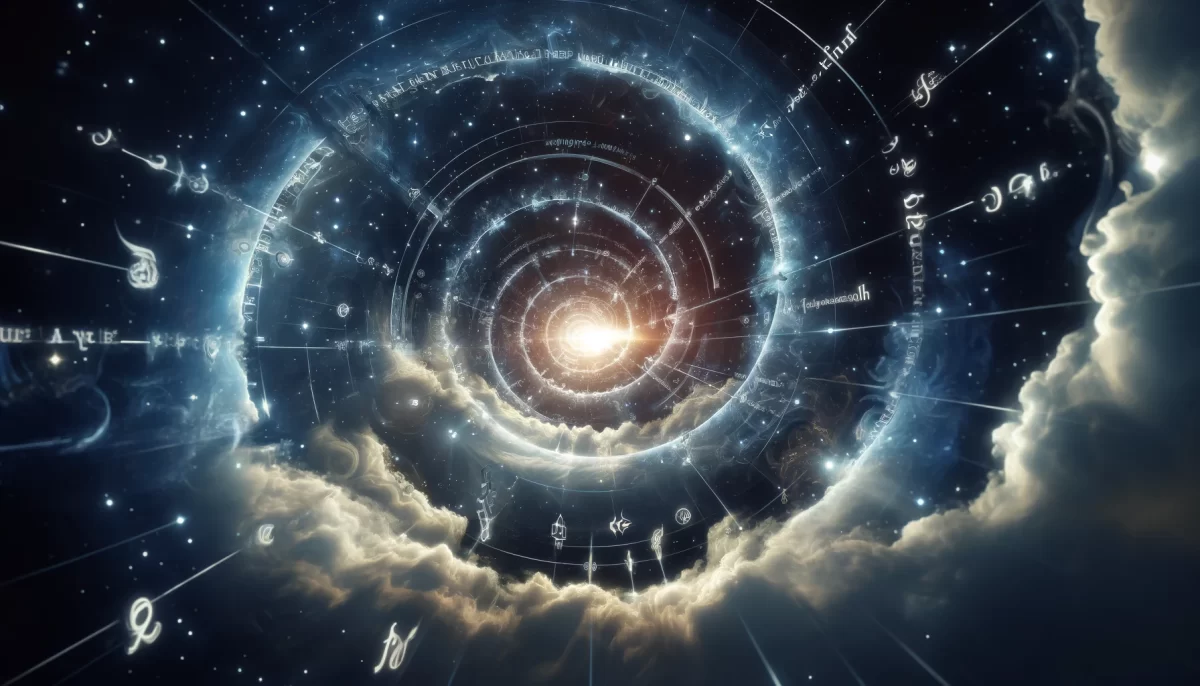


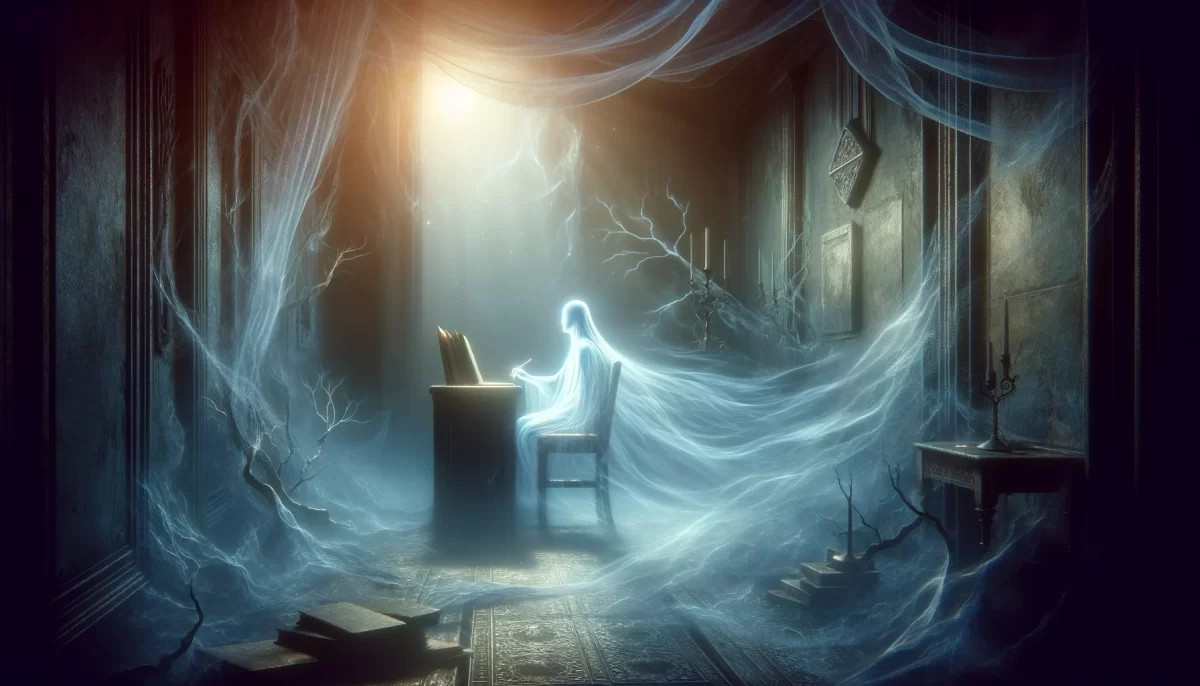
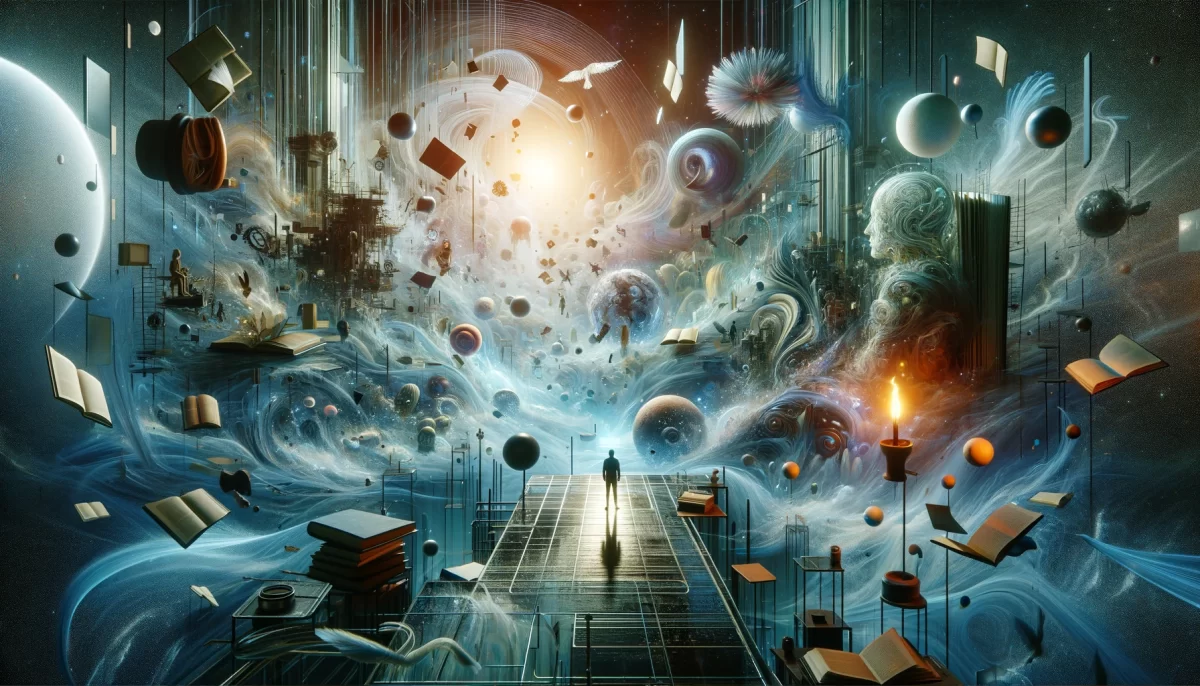
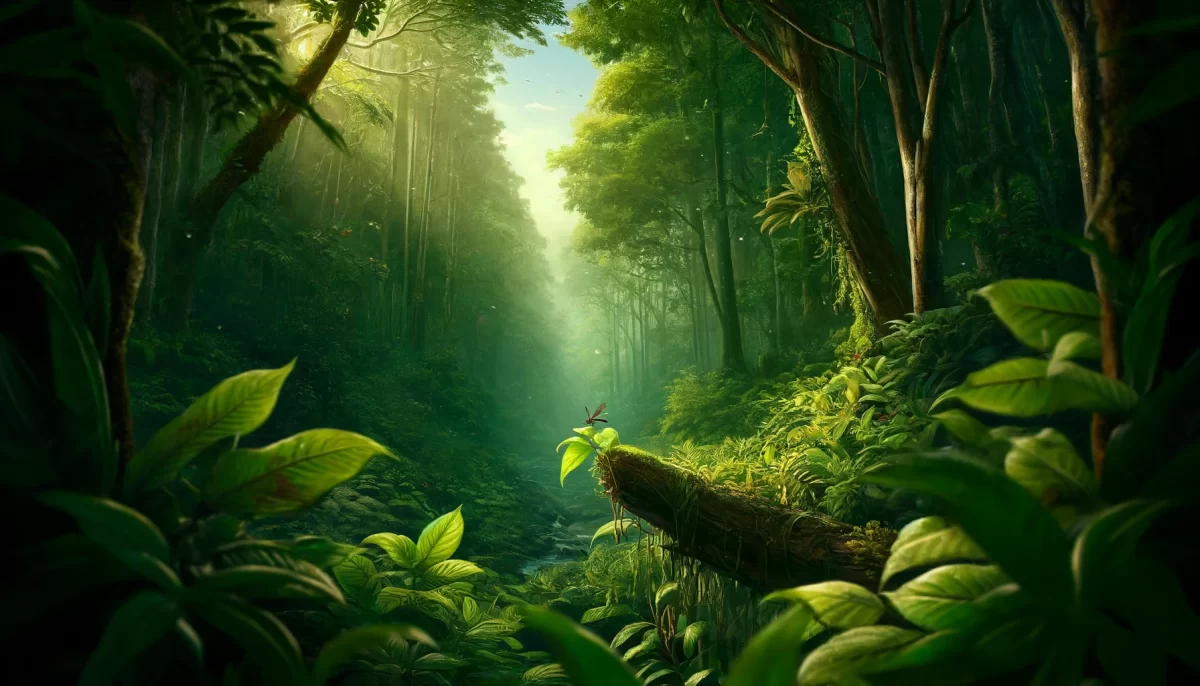
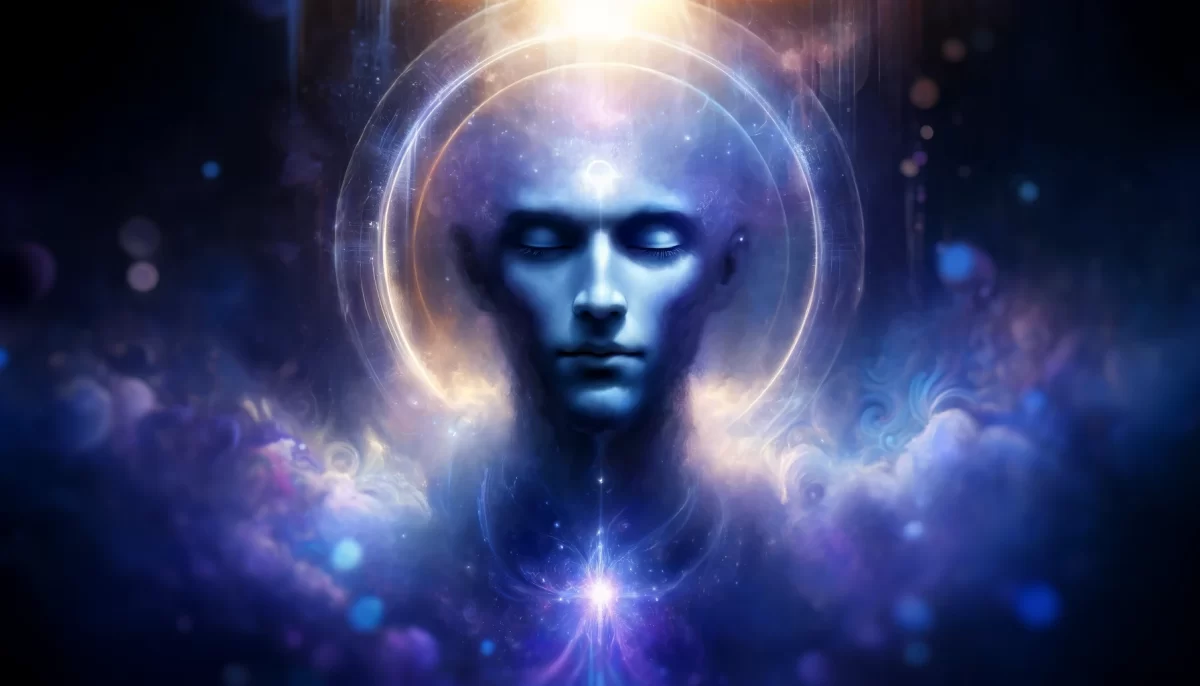
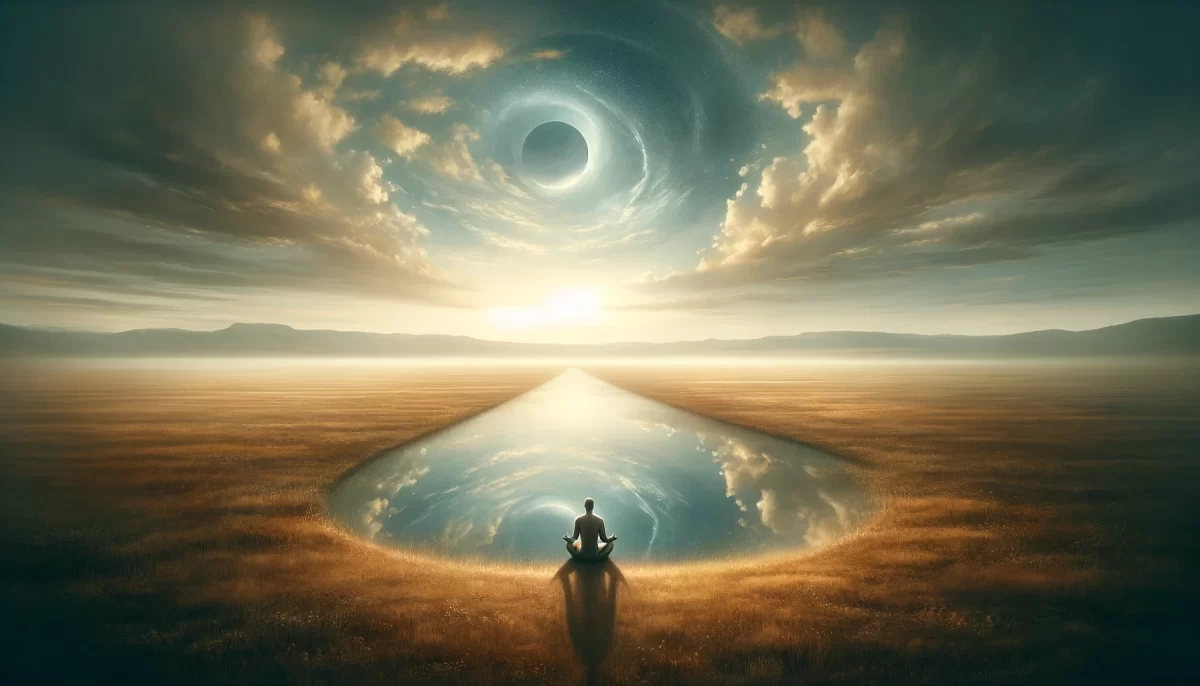
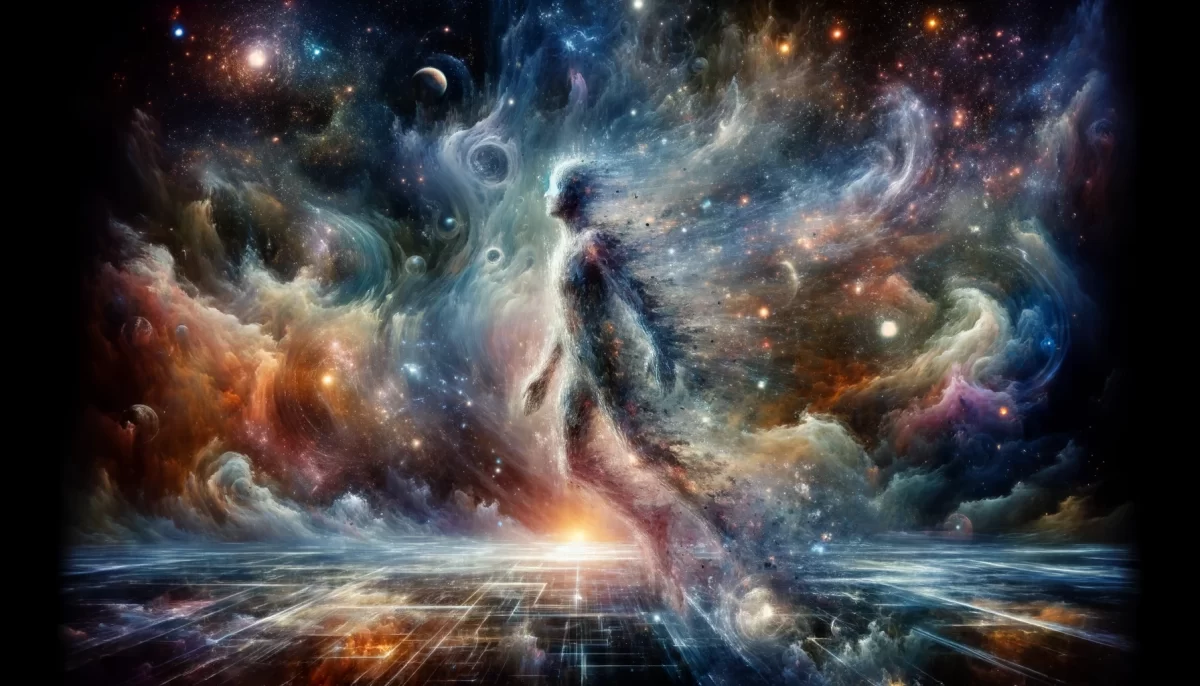
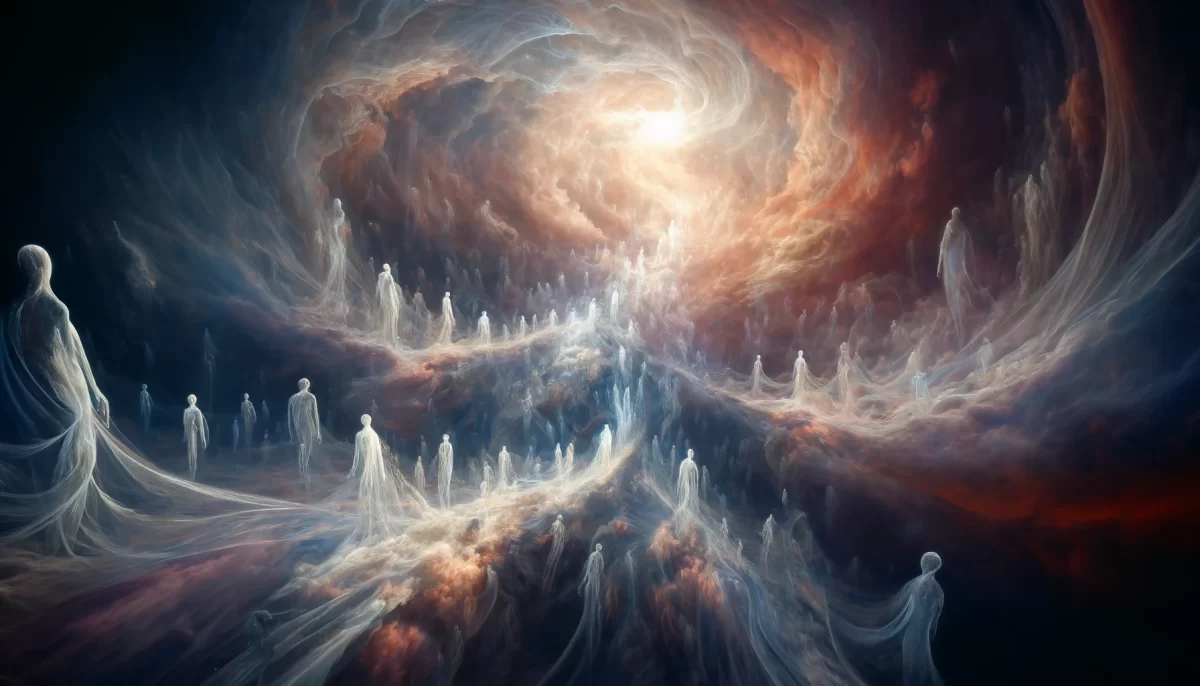
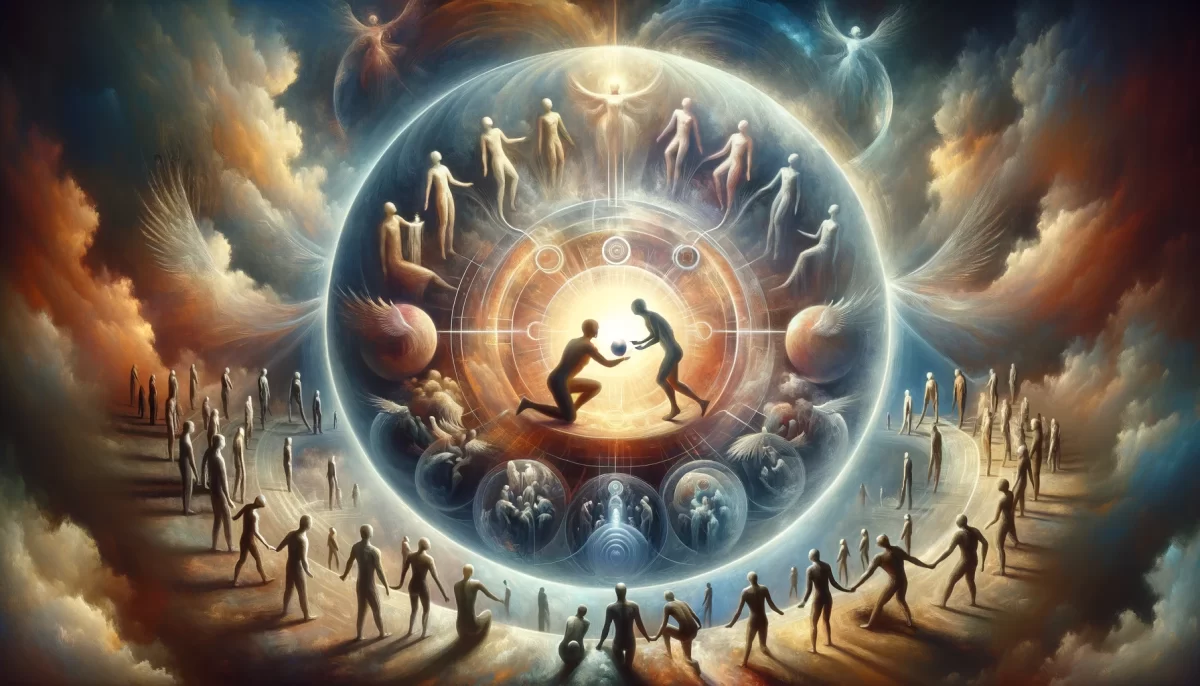
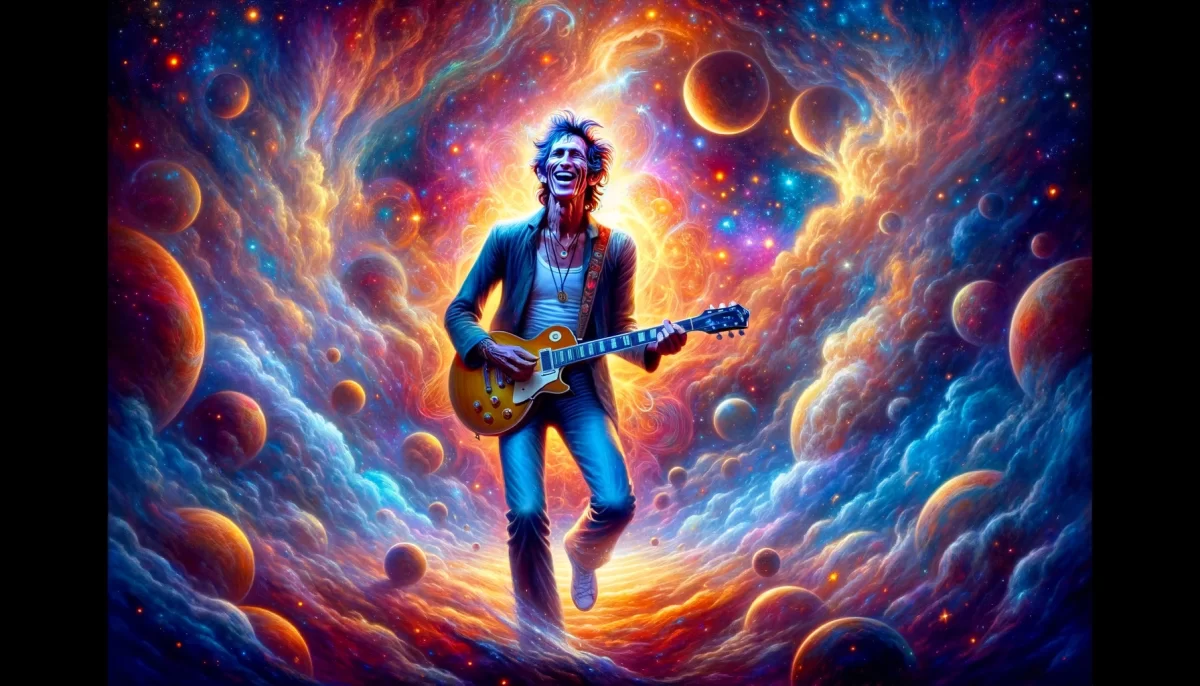
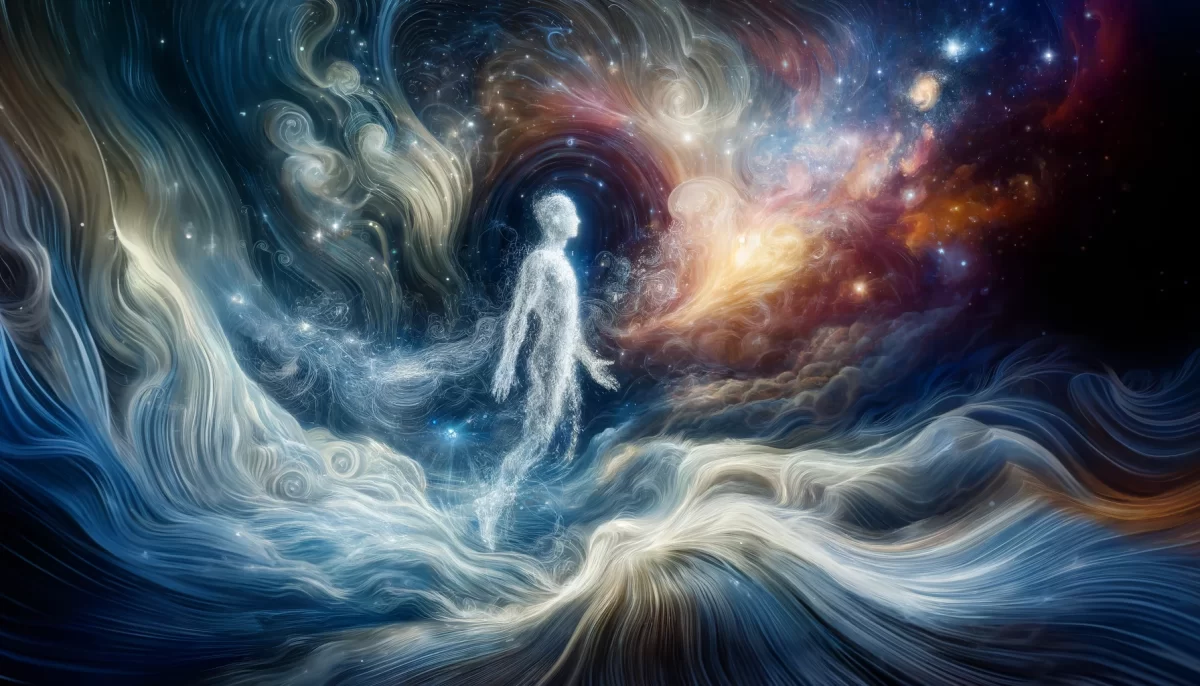
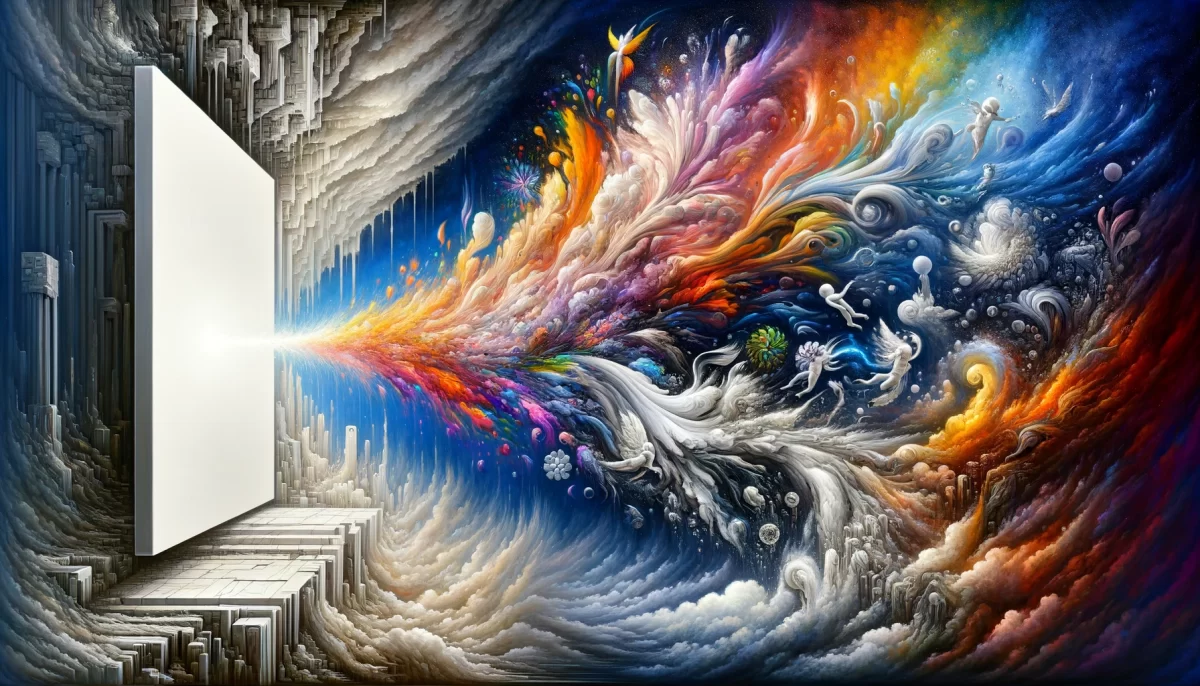
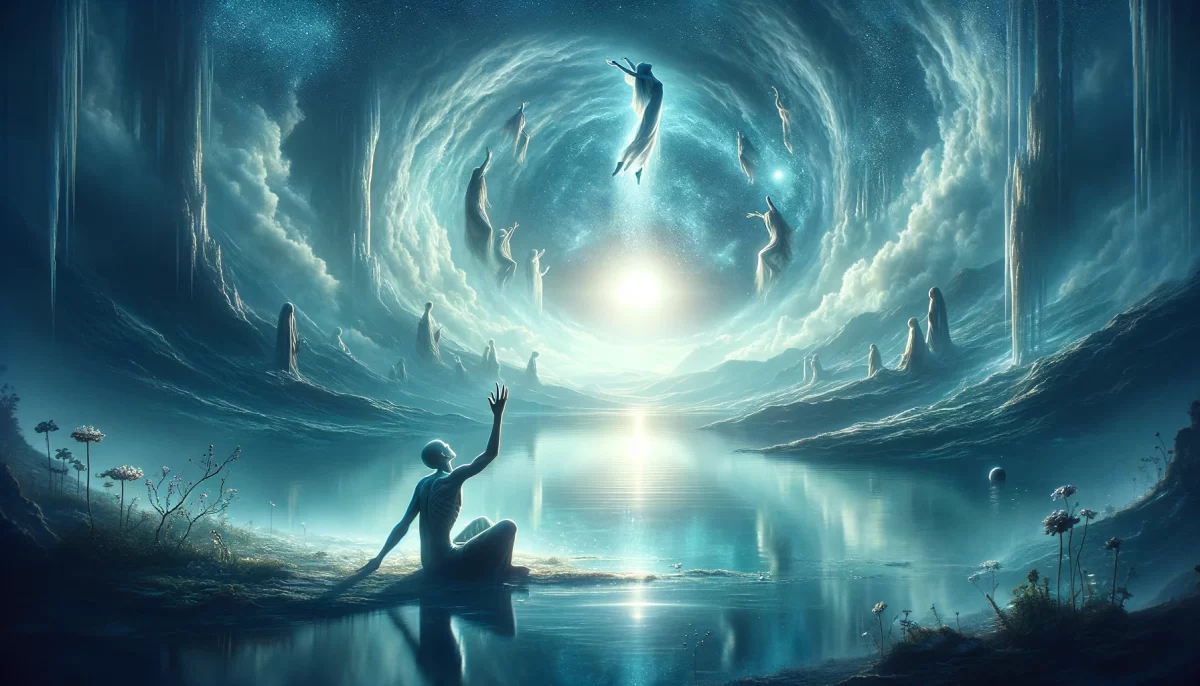
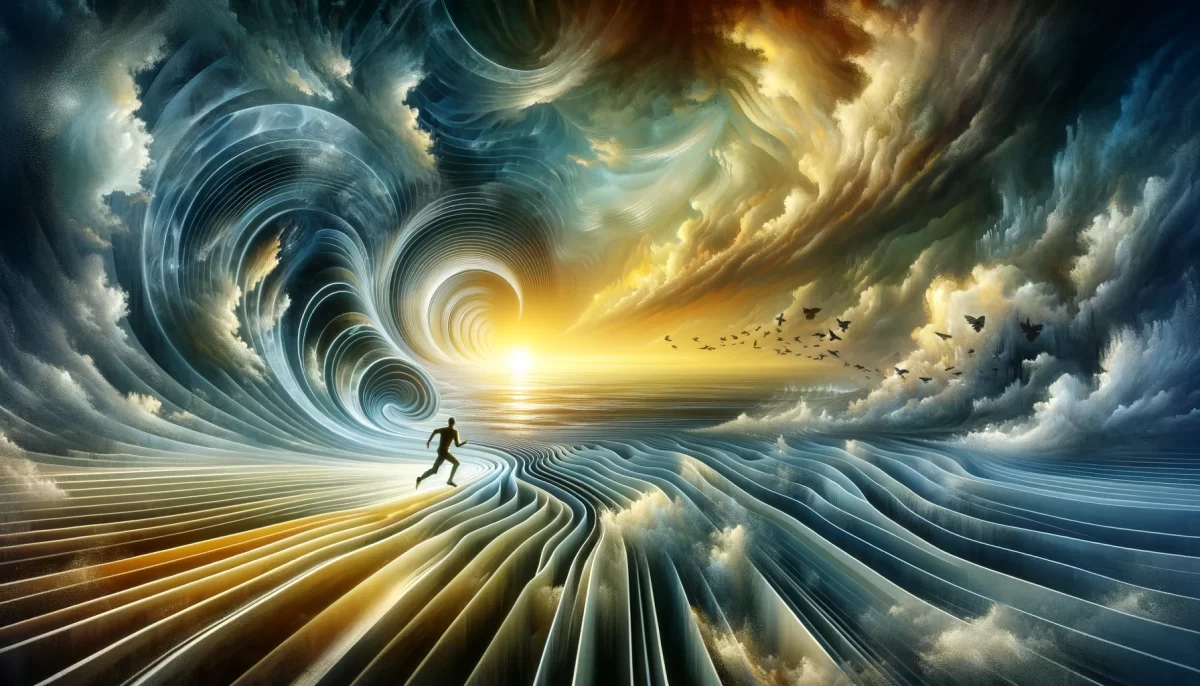
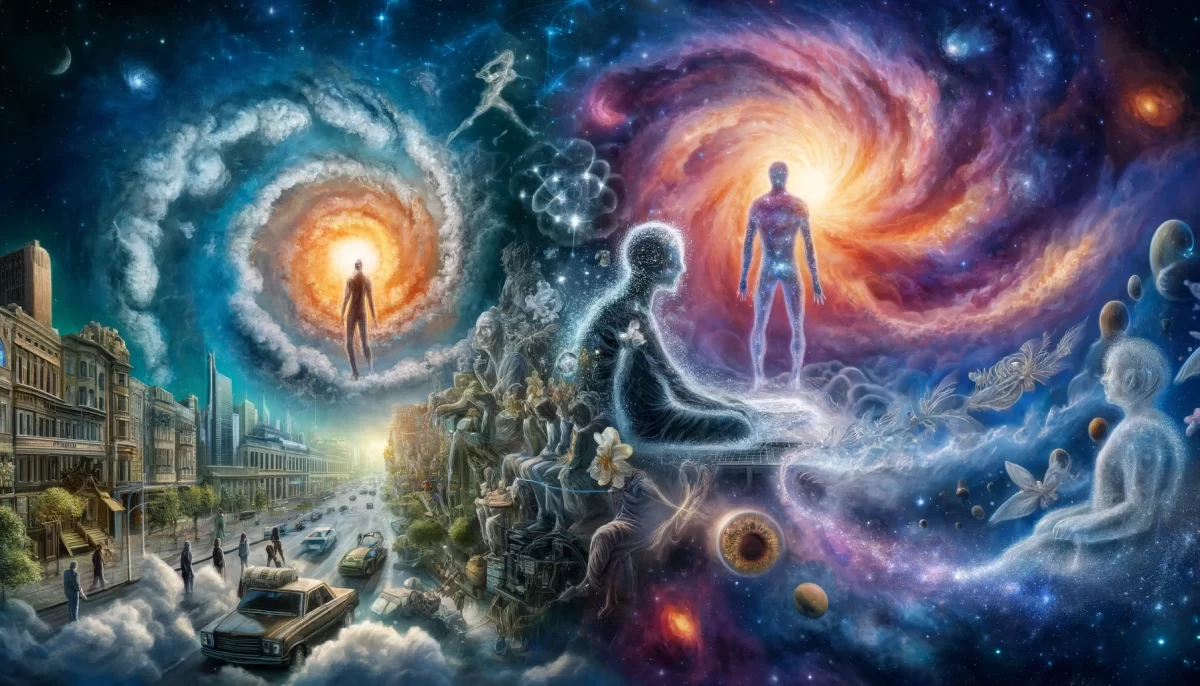
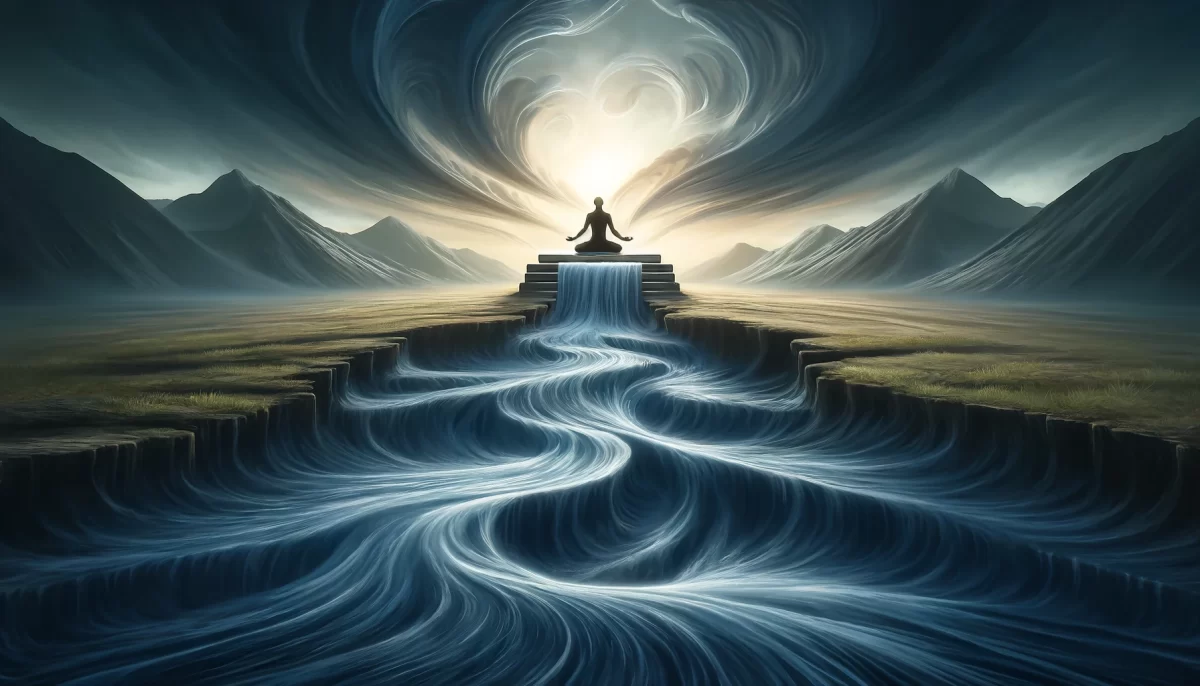
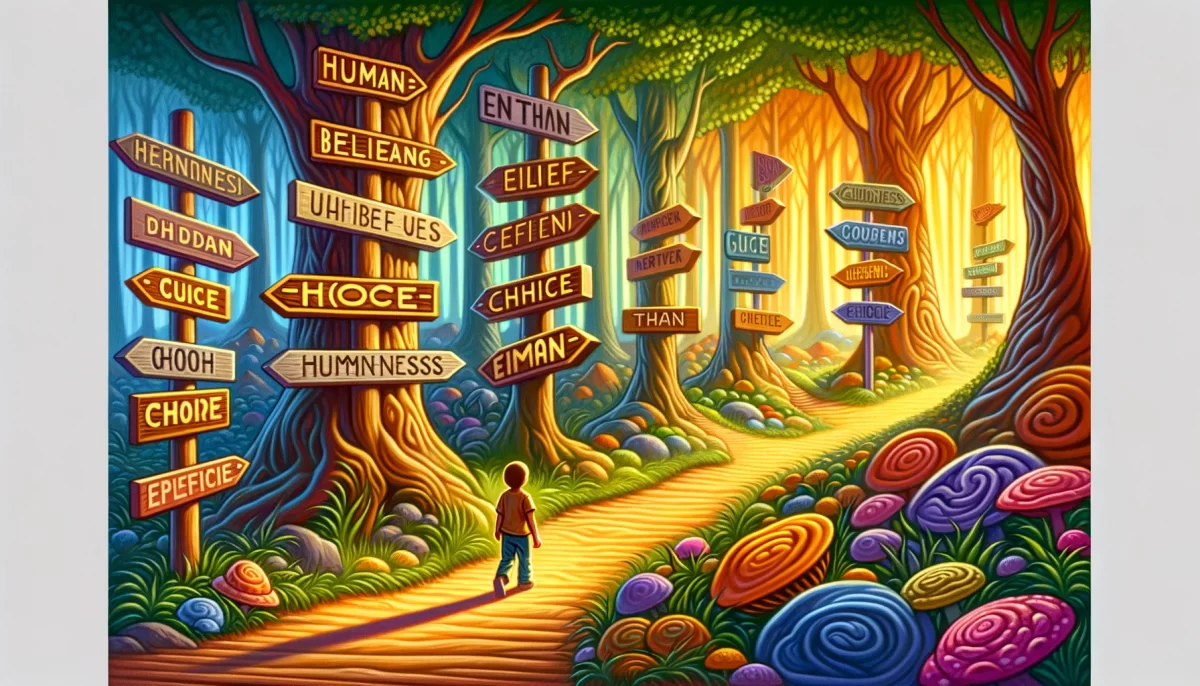
Leave a Reply